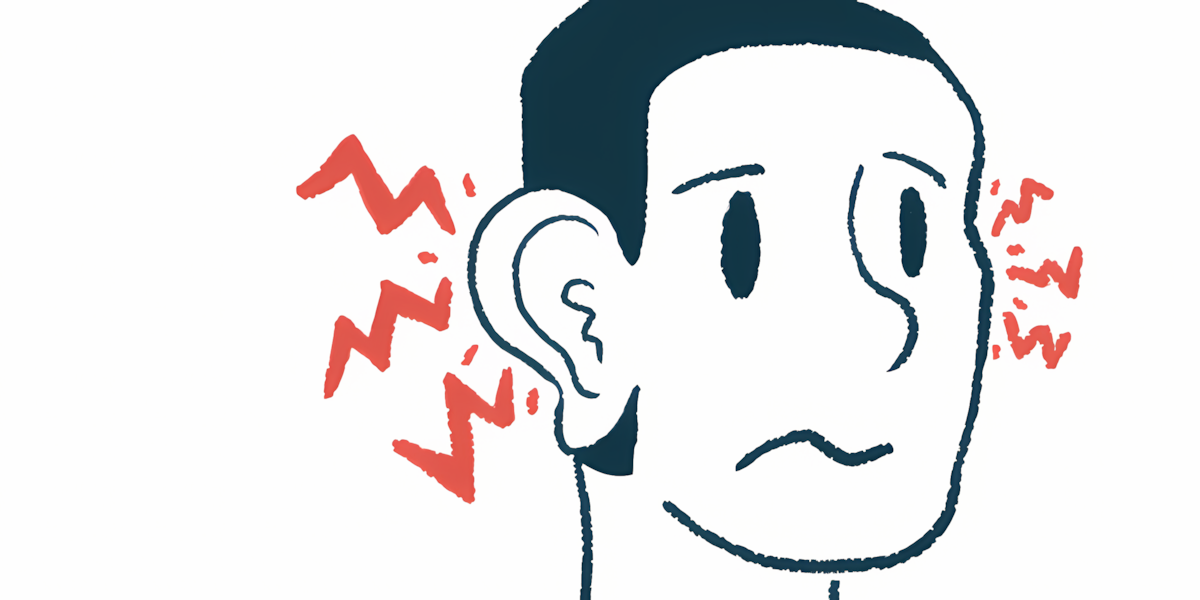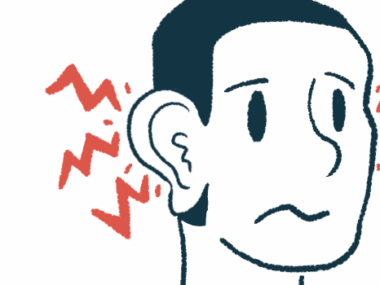Hearing loss may be early warning sign for Parkinson’s disease: Study
Greater risk of disease found with every 10 decibels of hearing impairment
Written by |

Hearing loss may be a risk factor for developing Parkinson’s disease, or may be an early warning sign of the neurodegenerative condition, according to a new study from the U.K.
Specifically, the study found that for every 10 decibels of hearing impairment, the risk of developing Parkinson’s increased by more than 50%.
“Our findings suggest hearing impairment is intricately related to Parkinson’s and underscore the potential benefits of addressing auditory function in Parkinson’s diagnosis and follow-up care,” Megan Readman, PhD, a researcher from Lancaster University in England and the study’s first author, said in a university news story.
According to that story, “this is one of the first studies to examine whether sensory impairments, such as hearing loss, might increase the risk for Parkinson’s or serve as an early warning sign.”
Readman noted, however, that the researchers “do not know whether hearing loss can cause Parkinson’s, or if there is a common underlying cause for both conditions.”
The study, “Speech-in-noise hearing impairment is associated with increased risk of Parkinson’s: A UK biobank analysis,” was published in the journal Parkinsonism & Related Disorders.
Investigating links between Parkinson’s disease and hearing loss
Parkinson’s is caused by the progressive damage and death of dopaminergic neurons, which are the nerve cells in the brain responsible for making dopamine — a chemical messenger needed for muscle control. The loss of dopamine signaling ultimately leads to Parkinson’s symptoms.
Evidence to date has shown that a decline in sensory functions, including hearing loss and a reduced sense of smell, may precede the disease’s hallmark symptoms and be an early sign of neurodegeneration. This period of unspecific symptoms before the onset of Parkinson’s motor symptoms is called prodromal.
Although some studies have demonstrated that hearing loss may be a risk factor for Parkinson’s, “this assumption is based on relatively few very recent empirical analyses,” the researchers noted.
As such, “additional large-scale cohort analyses … that reflect alternative … aspects of the auditory system are required to further corroborate the assumption,” the team wrote.
To know more, scientists from Lancaster’s departments of psychology and mathematics and statistics analyzed data from the UK Biobank, a biomedical database containing data from about half a million participants across the U.K.
The team looked at data from 159,395 people, slightly more than half of them female (54.5%), who underwent a hearing test that assessed their ability to detect speech in noisy environments. At the time of the test, none had a history of Parkinson’s.
Overall, most participants — about 70% — were found to have normal hearing. About 4% were classified as having poor hearing, and approximately 26% as having insufficient hearing.
Risk of Parkinson’s increases 57% for every 10 decibels of impairment
Over a median period of 14.2 years, approximately 800 of these individuals (0.5%) were subsequently diagnosed with Parkinson’s disease. Those who developed Parkinson’s were older — 63 versus 56.6 years — and mostly men, specifically 65.6% males versus 34.4% females.
Also, the use of a corrective hearing device was higher among people who later developed Parkinson’s than in those who did not (4.4% vs. 2.4%). The speech recognition threshold or STR — the minimum hearing level at which a person can repeat correctly 50% of speech — was lower in participants who did not have Parkinson’s later in life, indicating better hearing function (-6.17 vs. -5.75 decibels [dB]).
Among patients, about 59% had normal hearing while 7% had poor hearing and 34% had insufficient hearing. When adjusting for sex, age, and educational attainment, there was a 57% increase in the risk for Parkinson’s for every 10 dB increase in STR, the researchers found.
It is increasingly clear that hearing loss is not an isolated condition but is associated with several other disorders. … Understanding these links is vital if we are to provide effective patient care, improving independence and quality of life for the individuals concerned.
However, the team noted that when hearing impairment was categorized following UK Biobank SRT norms, neither insufficient nor poor hearing significantly influenced Parkinson’s risk relative to normal hearing.
“However, the direction of the trend was towards hearing impairment increasing incident Parkinson’s risk,” the researchers wrote.
Christopher Plack, PhD, a professor at Lancaster and a study author, noted that these findings could ultimately help in ensuring the best in patient care.
“It is increasingly clear that hearing loss is not an isolated condition but is associated with several other disorders,” Crawford said. “Understanding these links is vital if we are to provide effective patient care, improving independence and quality of life for the individuals concerned.”
Readman called the study’s results “incredibly important.”




